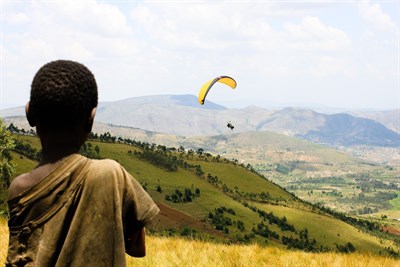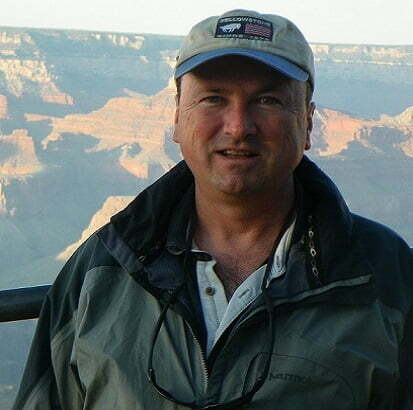Translation and Localization for Africa: Republic of Burundi
The landlocked Republic of Burundi is a small country located on the eastern side of Africa. The country struggled with violent unrest between Hutu and Tutsi factions in the 1990s and early 2000s however, the country elected a Hutu president and has been relatively politically stable over the past 11 years.
The website, If It Were My Home, provides an interesting perspective comparing basic living standards of a person in the United States to a person living in Burundi (similar country comparisons are also provided on the site).

According to the site, if Burundi was your home instead of the United States you would:
- Die 20.01 years sooner
- Be 10.3 times more likely to die in infancy
- Make 98.86% less money
- Use 99.83% less electricity
- Spend 99.78% less money on healthcare
- Consume 99.66% less oil
- Be 87.82% less likely to be in prison
- Be 2.2 times more likely to have HIV/AIDS
- Experience 5.78% less of a class divide
- Be 10.53% more likely to be murdered
- Have 3.2 times more babies
Each item may be clicked to see more detailed information.
Burundian Demographics
- Burundi has a population of approximately 11 million people.
- The median age is a shocking 17 years old. Much of the ‘older’ population is lost to diseases, such as AIDS.
- 65% of the population are under the age of 24. Less than 7% are older than 55.
- Interestingly, the country has a literacy rate of 85%. This is an impressive rate for a country with the health and employment issues they face.
- 80-90% of the population are Christians (Roman Catholics 60-65%, Protestants and Anglican practitioners 15-25%), 5% practice traditional indigenous religious beliefs and 2-5% are Muslim (Sunnis living in urban areas).

Burundian Languages
- Kirundi, otherwise known as ‘Rundi’, is the primary language in the country, spoken by over 10 million people.
- French and Swahili are also used, but by a much smaller percentage of the population. French has around 200,000 speakers and Swahili has even less, but is prevalent among the Muslim population in the cities.
Burundian Culture
- The Hutu population represents about 84% of the population and the Tutsi represent about 14%.
- It is common in rural areas to find women and elderly men wearing a pagne. This is a wraparound cloth and is traditional Burundi clothing. Today it is often worn over other modern clothing.
- It is customary that if you are invited by someone for drinks, such as a beer, you will not pay for any of the drinks. Likewise, if you ask someone to join you for drinks you are to pay for all rounds.
- It is appropriate when meeting someone to use your right hand for a handshake. Friends of the same gender may also hold hands and/or touch each other’s faces three times.

Burundian Consumers
- In 2015, Burundi had an inflation rate of 5.6%. But three years earlier in 2012, the rate was 18%. Over the last few decades it has been above 20%, but currently it is in the single digits.
- The country is resource poor. Agriculture accounts for 54% of the country’s GNP. 70% of the workforce is in this industry. As such, the average consumer has very little income.
- Burundi has 450,000 Facebook subscribers and 526,000 internet users, as of June 2016. Approximately 4% of the population have internet access.
- Currently, the country has virtually no ecommerce business to report.
Burundi’s Future
The Republic of Burundi will need to fix social issues, such as the exploitation of its children and women, to move forward as a nation, attract foreign investment, improve job prospects and raise the overall economy. If they do this, advanced technology and modern healthcare will be more accessible to their citizens. The government has much to address, but it is not clear they are yet on a path to do so.
Sources:
https://www.cia.gov/library/publications/the-world-factbook/geos/by.html
https://www.indexmundi.com/burundi/demographics_profile.html
